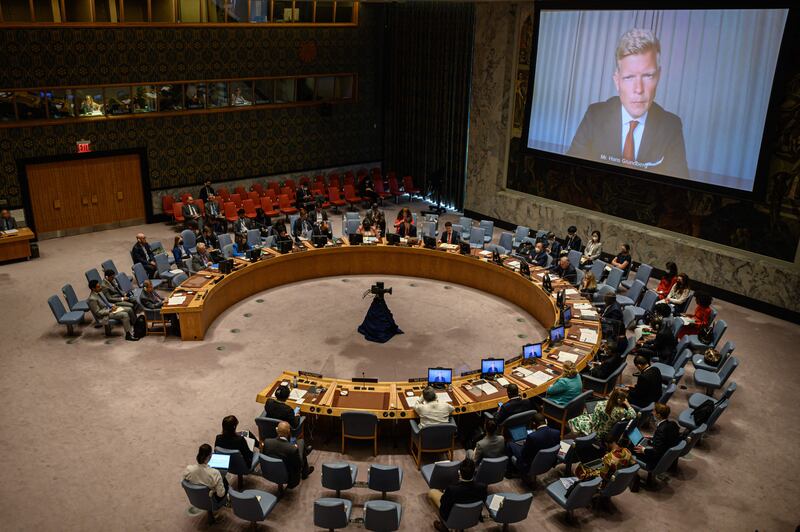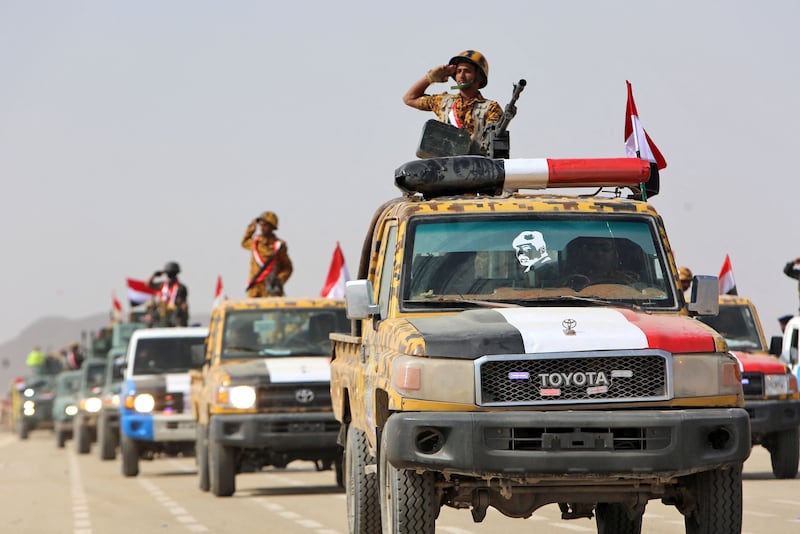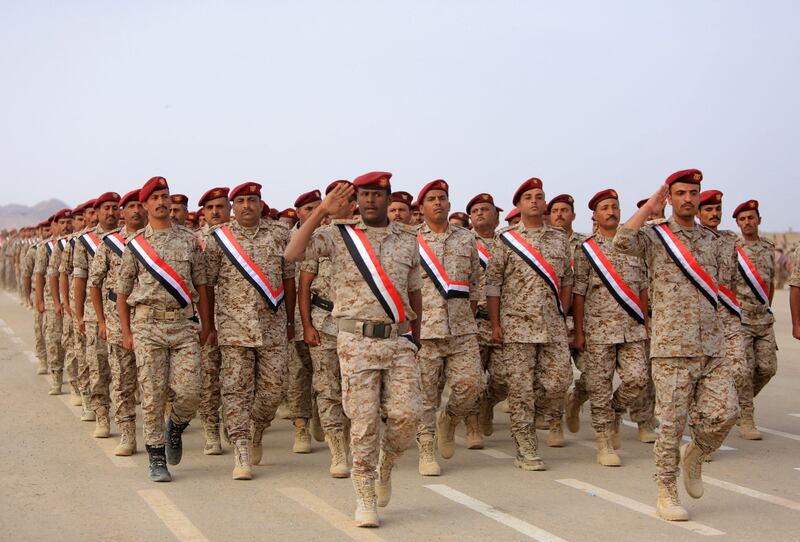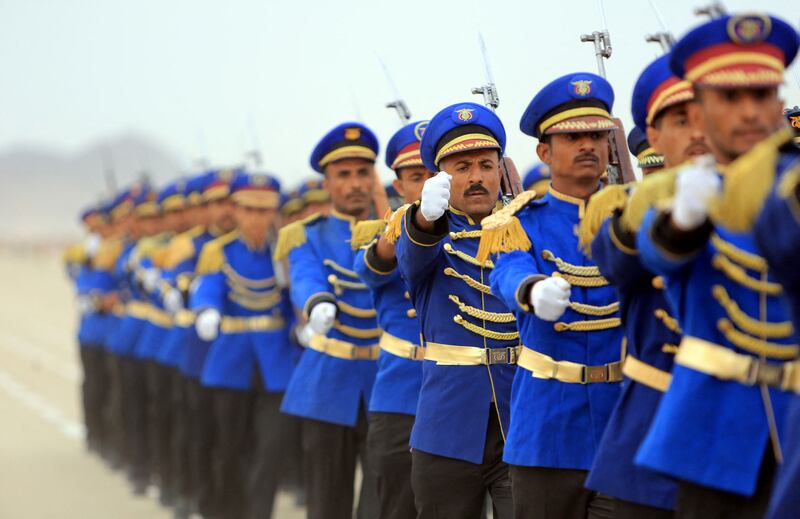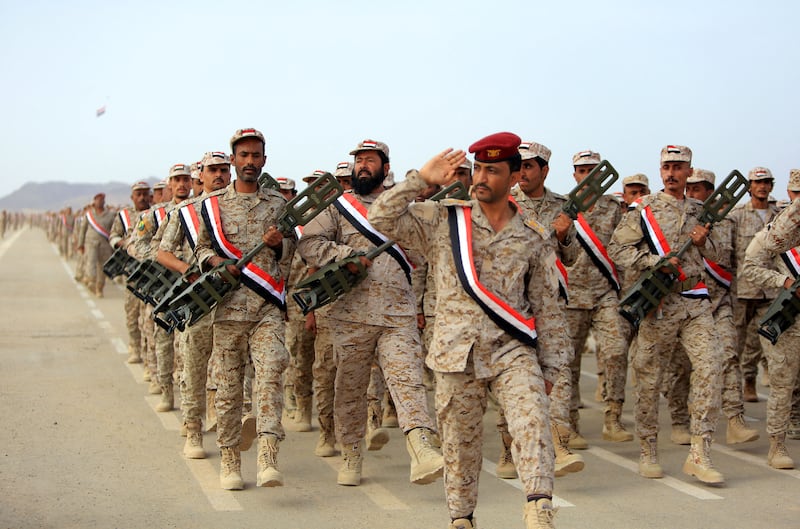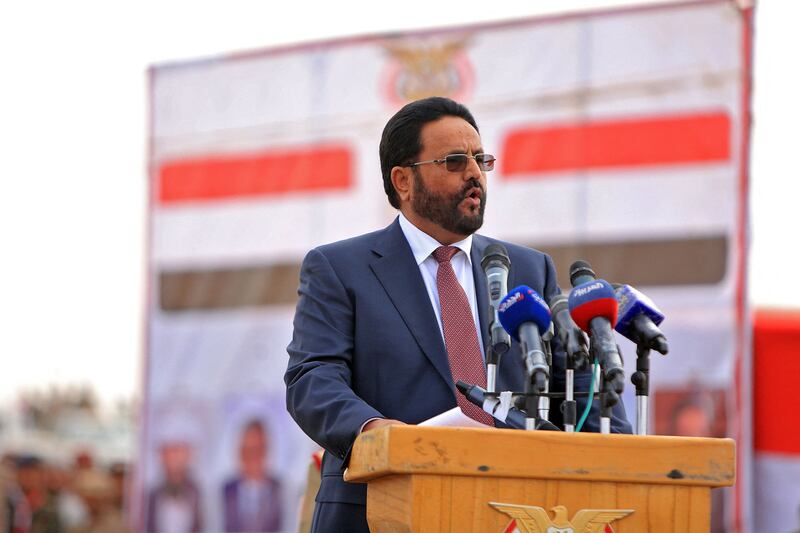The UN special envoy for Yemen said on Tuesday the renewal of the truce between the internationally recognised Yemeni government and the Houthi rebels remained “inconclusive” due to a lack of trust.
Hans Grundberg, who was briefing the UN Security Council on Yemen during a closed-door meeting, said the “overall challenge of reluctance by parties to agree on an actual settlement of the conflict” was hindering chances for peace.
“The Houthis impose preconditions; the government of Yemen faces the challenge of defining its priorities,” he said.
The UN envoy warned that the possibility of a “new conflict remains real”.
Since the breakdown in negotiations, UN officials have been talking to the warring sides as well as international stakeholders to try to end the violence and enact a formal ceasefire.
It is important, Mr Grundberg said, to frame the renewal of the truce as the starting point to a comprehensive settlement of the conflict, as it could help build confidence.
US envoy to Yemen: 'We're cautiously optimistic for truce renewal'
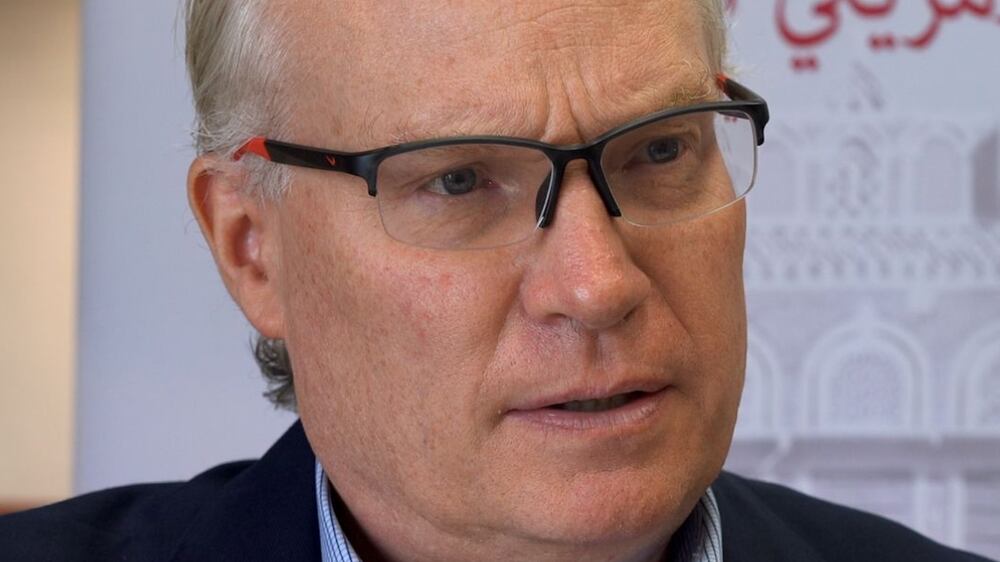
Compromise will be needed from all to move forward, as the country remains in a “precarious state of uncertainty”, he added.
On Monday, the EU called on the Iran-backed Houthis to abandon what it called their “extremist positions” and engage constructively with UN efforts to resolve the crisis.
In a statement, the EU reaffirmed “its principled commitment to the unity, sovereignty, independence and territorial integrity of Yemen, and its full support to the UN peace efforts and … Hans Grundberg in his mediation efforts”.
The bloc urged the Houthis to abandon “maximalist” positions and engage constructively in talks.
Mr Grundberg shared his concerns over the Houthis' “continued threat” to international shipping and warned of lasting repercussions that could lead to a deterioration of the local economic situation.
The Houthis have hindered the Yemeni government's ability to export oil, a vital revenue source, by launching drone attacks on terminals in the south to deter tankers from loading crude.
Yemen's pro-government forces mark 56th anniversary of revolution — in pictures
The group has defended its actions, saying it was preventing the “theft” of Yemen's oil wealth.
Mr Grundberg noted the future of the country should be decided not only by the parties but by a diverse range of Yemeni stakeholders.
To that end, he said: “I am in close contact and grateful for co-operation with Saudi Arabia and Oman.
“We have a real and rare opportunity to finally resolve the conflict. We have a collective responsibility to remind the parties to seize the opportunity and to not escalate.”
Yemen's devastating civil war began in 2014, when the Iranian-backed Houthis seized the capital Sanaa and much of northern Yemen. A Saudi-led coalition intervened at the request of the government.
